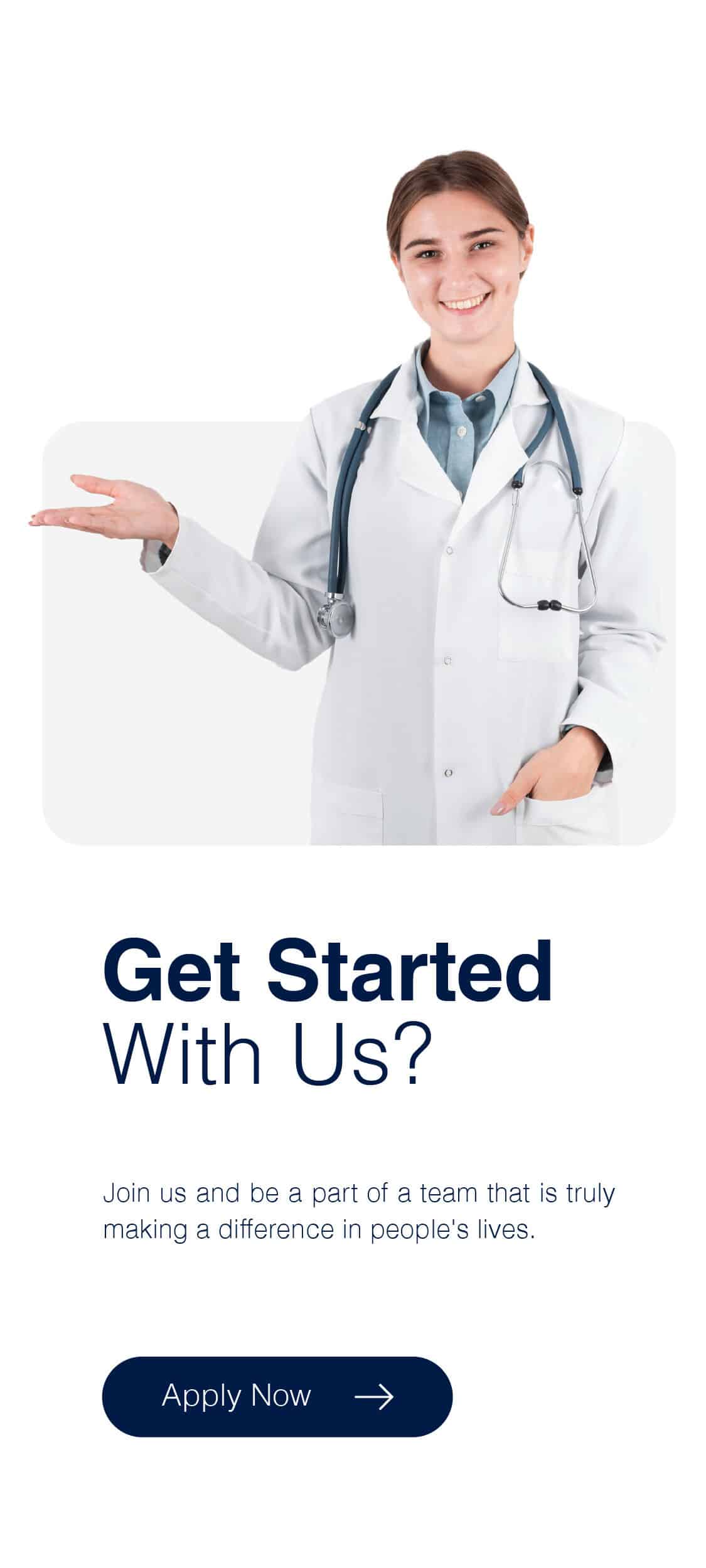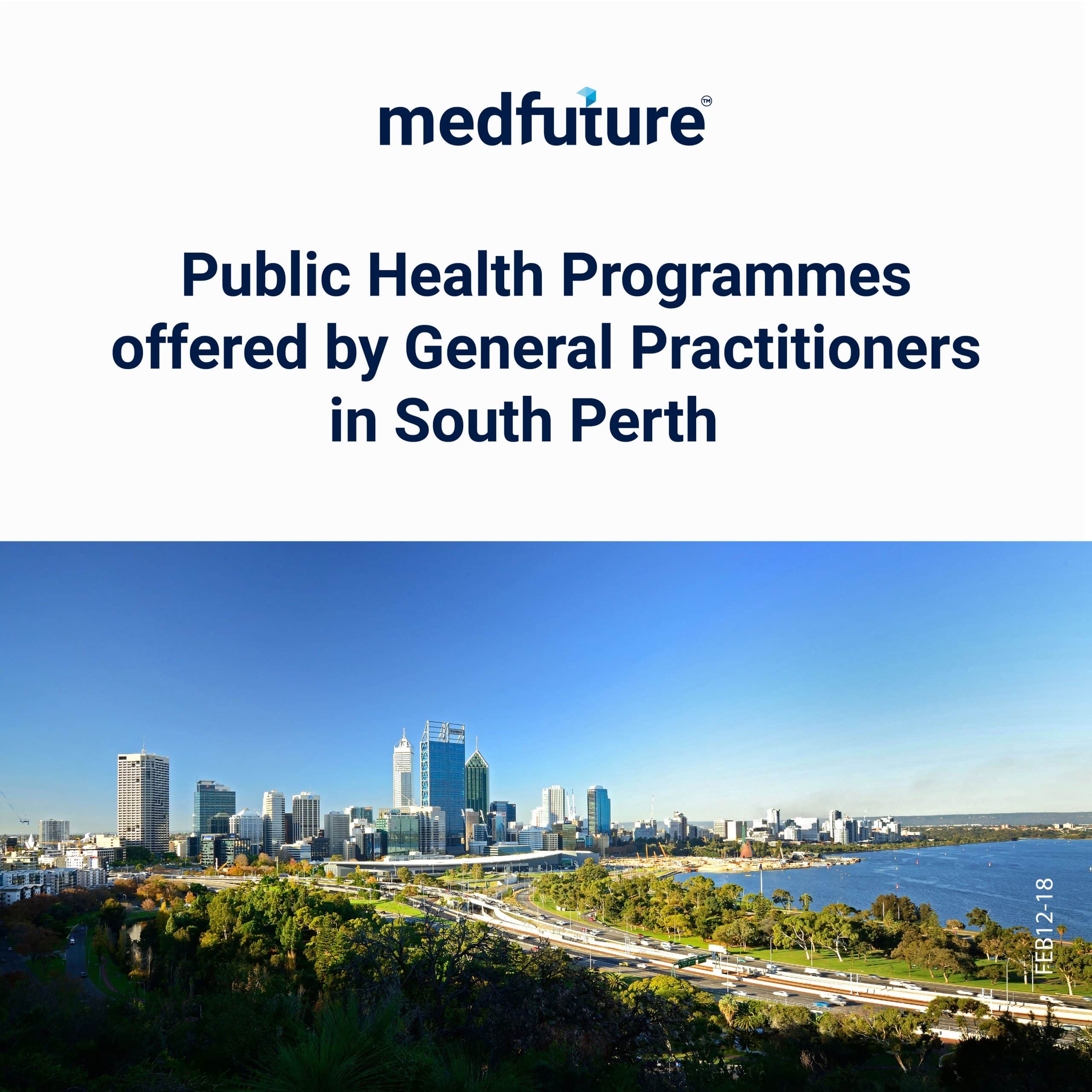Getting through your first medical field interview will be a challenge for anyone who has just graduated. However, it is essential that you do research well and be prepared to face this life-changing event in your life.
Your first medical interview and job will give you an impression on this field, so it’s vital to make it a good one.
Medfuture has been recruiting healthcare employees for many years and knows everything about navigating medical field interviews. Read on to learn about the essential do’s and don’ts of navigating your first medical field interview in 2024.
What is the essential do’s in your first medical interview?
Make sure you do the following to make your first medical field interview in 2024 a success.
Do prepare well
Researching well before going for your first medical field interview is essential for any beginner in the industry. Questions asked from doctors’ cover everything from clinical experience to strengths and weaknesses. Here are a few of the common questions you may be asked at your first medical interview:
What can you offer our health practice?
What made you choose primary care?
What are your career aspirations and highlights?
You must be prepared to answer questions about any gaps in your work history, brief roles, or residency programme changes. Apart from assessing your qualification to the position, the interview panel will also want to know what kind of person you are outside of your job role.
Do research the practice
Doing proper research on the practice you hope to work in is essential before you head out for the first interview. Learn as much as possible about the hospital or medical practice that you hope to work in.
The internet is one of the best platforms to research about the medical practice. Another good way to find out more about the place you hope to work in, is to speak to someone who has already worked there or is currently working there.
You must be able to match your skills and qualifications with what the medical practice expects from its staff. That way, you have high chances of getting through the first interview stage.
Do back up your statements
In an interview, you must always be prepared to back up your statements. Have proof ready for whatever that you claim to have done or possess. For example, if you state that you have excellent bedside manner, you may be having high ratings on physician referral sites. If so, make sure you show proof of success in any form available to you. It could be either by showing letters of recommendation or printing out positive feedback.
Do keep in mind that it is a two-way street
A new job role should work in both ways, favourable to the employer and employee. You may be researching about the practice to get through the first interview. However, it is also an excellent opportunity to learn more about your would-be new workplace and see if its work culture fits you.
The interview panel will ask questions from you. At the same time, you may also ask questions like the following:
Why is this medical job role available?
What is the patient population in the medical practice?
Does the practice have state-of-the-art technology in place?
How many patients does the practice see daily?
Is there an innovative cultural mindset within the practice?
Do you have a long-term opportunity for growth within the practice?
What is the ratio of primary care physicians to specialists on staff?
Do be prepared to discuss your professional and personal goals
The interview panel doesn’t need to hear a repeat of your CV at the interview. You have already sent them this document and there is no need to repeat it to them. Instead, you must discuss things like what are the objectives in your professional life, your personal hobbies and interests, and your major achievements and career highlights.
You must highlight key points of the CV along with some of the other factors that may not necessarily be mentioned in it. Discussing these things help the interview panel identify who you are as an individual and gives you also a way of realising what the organisation expects of you.
Do stay in touch
It’s vital to stay in touch with members of the interview panel, even after it is done. Stay connected via email and LinkedIn. It helps to expand your professional network even if you don’t get selected for the next round of interviews.
You may inquire about the next steps of the hiring process before wrapping up the interview. You may ask questions like when you can expect to hear from them and if there is a timeline for the decision-making process. Once you are given a date to hear back from the panel, you can get in touch with the hiring manager for updates.
Do be ready to sell yourself
You must be ready to sell yourself at an interview, without being pompous. You must highlight your professional qualifications, skills, and achievements, while also be prepared to answer any questions regarding gaps in your work history. You must be confident in selling yourself but not be obnoxious.
Do act like this is the only interview that matters
You must show genuine interest in the interview, about being selected for the next rounds, and finally being hired. Your keen interest in the healthcare organisation will help give out positive vibes to the interview panel. However, you should not be too clingy and expect a hint at an offer within the first five minutes of the interview.
Do prepare a comprehensive list of questions
A potential candidate will ask many questions from the interview panel. Be prepared with well-researched questions to ask from the interview panel. It should include questions not only about the practice but also about the quality of life and culture of the organisation. You may also ask questions about employment opportunities for your spouse and schools in the area.
Do dress professionally
Presentation is crucial, so make sure to dress up professionally and make a good first impression at the interview. Irrespective of the size and type of the practice you are applying for, dress elegantly and professionally for the occasion.
What is the essential don’ts in your first medical interview?
Avoid the following at your first medical field interview in 2024:
Don’t speak negatively
Always stay and speak positive at an interview. Even when discussing about your previous employers, keep away from discussing negative points about them. Also, steer clear from discussing topics like politics and religion. It is better to stick to topics like volunteer work and hobbies when discussing about non-work-related topics.
Don’t hesitate to ask how medical professionals are assisted
Don’t stay away from asking the interview panel how the practice supports individual health workers to help them maintain a good work-life balance. You may ask about on-call duties, work scheduling, and support roles.
Don’t rush the entire process
Don’t rush the interview process. Although you may be anxious to go through the interview, you must make use of the entire time frame and take things once at a time. Keep away from subjects like benefits, compensation, bonuses, and incentives, until the interview panel approaches the subject.
Don’t avoid discussing payment terms, but don’t dwell on it either
As discussed above, although you must not approach the subject of payment terms, once it is approached you must speak out yourself. You may ask the following questions with regard to payment terms:
What is the salary range to expect?
What is the future earning potential once you go off the guarantee after the guaranteed salary for the first two years?
What might you be at risk for in the future?
What are the common questions asked in medical field interviews?
The following are some of the common questions you can expect to be asked at your first medical field interview:
Tell us about yourself
What made you apply for this position?
What are your biggest strengths and weaknesses?
Why did you leave your previous position?
How do you state up-to-date with healthcare advancements?
What are some tips for medical professionals starting a new job search in 2024?
Here are a few tips for medical professionals starting a new job search in 2024:
Create a priorities list of what you expect from the organisation
Gauge your practice style such as what type of practice best fits your long-term career goals
Consider the location, especially if you are planning to practice in a different state or region
Update the paperwork such as your CV and cover letterMedfuture can help you find the best medical jobs in 2024 and guide you on the way to navigating your medical field interview successfully.





